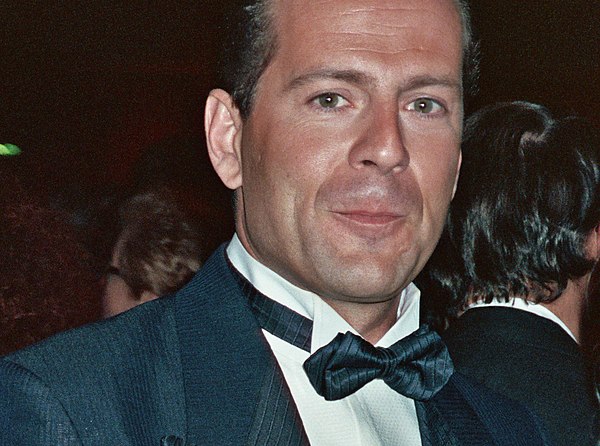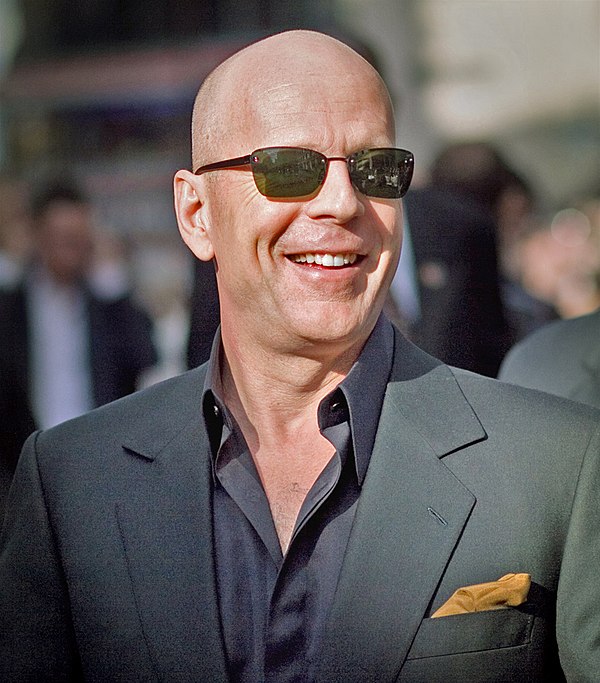Rumer Willis
Videos
Page
Rumer Glenn Willis is an American actress. The eldest daughter of actors Bruce Willis and Demi Moore, she made her acting debut opposite her mother in the coming-of-age drama Now and Then (1995). She subsequently appeared in films such as Striptease (1996), Hostage (2005), The House Bunny (2008), Sorority Row (2009) and Once Upon a Time in Hollywood (2019). She portrayed Gia Mannetti on The CW teen drama series 90210 (2009–10) and Tory Ash on the FOX musical drama series Empire (2017–18).

Willis in 2019
Bruce Willis
Videos
Page
Walter Bruce Willis is an American retired actor. He achieved fame with a leading role on the comedy-drama series Moonlighting (1985–1989) and has appeared in over a hundred films, gaining recognition as an action hero for his portrayal of John McClane in the Die Hard franchise (1988–2013).

Willis in 2018

Willis at the 61st Academy Awards in 1989

Willis in 2002 after being named Hasty Pudding Theatrical's Man of the Year

Willis in June 2007 in the premiere of Live Free or Die Hard